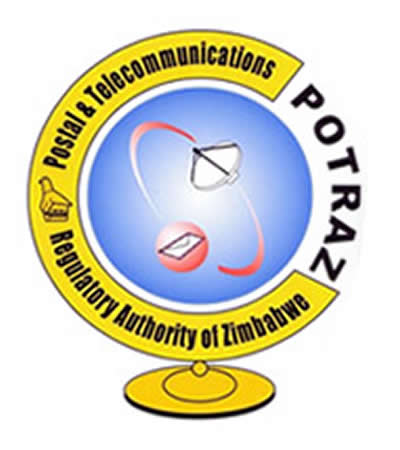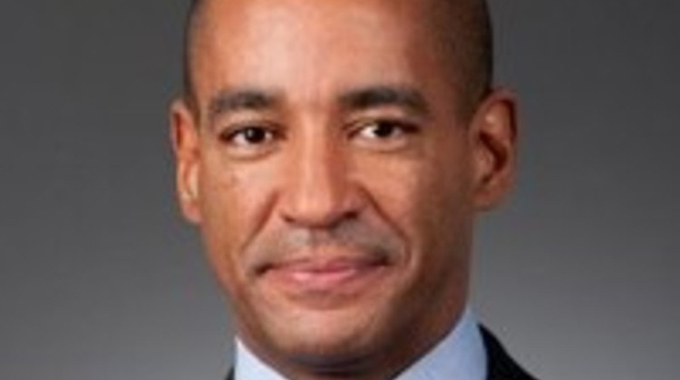Another telecoms tariff hike looms?

Tawanda Musarurwa
Zimbabwe’s telecommunications sector could soon be agitating for another increase in both data and calling rate tariffs in view of a general consensus between the players and the regulator – the Postal and Telecommunications Regulatory Authority of Zimbabwe (Potraz) – that the current tariffs are lagging behind inflation.
An inflationary environment, largely as a result of a depreciating local currency, has in some instances, created a dislocation between fundamentals and pricing dynamics.
Earlier last year, telecoms firms are said to have requested an over 40 percent increase in tariffs that Potraz turned down on the basis of needing to maintain a balance between affordability for consumers and viability for the businesses themselves.
“Due to the inflationary conditions in the country, tariffs are lagging behind inflation,” said Econet chairman Dr James Myers recently.
And although there has been an outcry from telecoms services consumers that data prices are too high, the regulator has maintained that the tariffs are fair, but appear to be high due to weakening disposable incomes.
Said Potraz director-general Dr Gift Machengete at the close of last year’s fourth quarter:
“The prices of data are not high. You know why, because our salaries are low. Our salaries are not increasing in accordance with inflation, so what has happened is that last year this time the disposable income was something else now it has been eroded and because of that erosion of the disposable income it now appears as though the data prices are high and people are failing to afford so it’s a question of affordability, people are now failing to afford the data but it doesn’t necessarily mean that it’s too high.”
“It is high because our disposable incomes have gone down, so I actually think that we have also to do something about the disposable income so that they go up because when you compare our data prices with the data prices of other countries around us we are actually far much below others but the difference is they have a stable currency and their disposable incomes have not been eroded.”
Although there have been several tariff increases over the course of 2019, the last mobile tariff hike that was approved by Potraz saw an overall 95,39 percent jump in voice, data and SMS tariff adjustment for mobile cellular and fixed network operators.
In respect of that last upward price adjustment, Econet Zimbabwe increased its voice tariff with 98 percent to $0,963 per minute from $0,486 per minute in August, while data and SMS prices have gone up to $0,1926 per MB and $0,2440 per SMS respectively.
Telecel Zimbabwe’s voice, data and SMS tariffs are now $0,96 per minute for Telecel to Telecel, $0,92 per minute for Telecel to other networks, $0,19 per MB and $0,24 per SMS.
And NetOne’s tariffs increased to $0,95 per minute for NetOne to NetOne, $0,92 per minute for NetOne and other local networks, $0,19 data and $0,24 for SMS in compliance with the regulator.








Comments